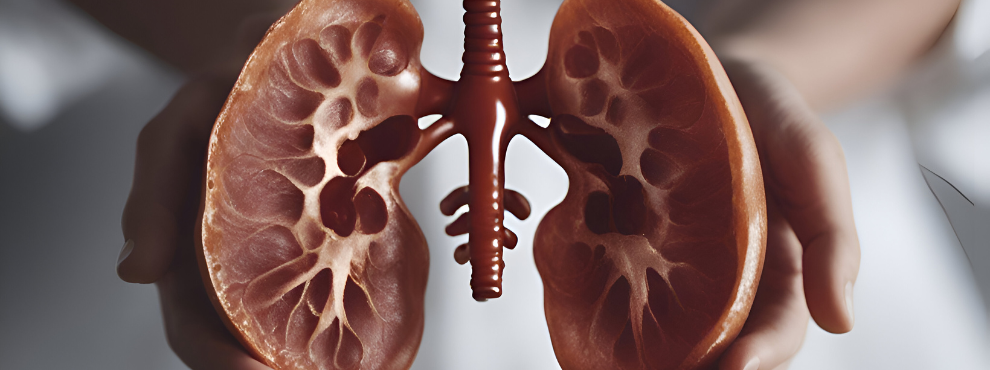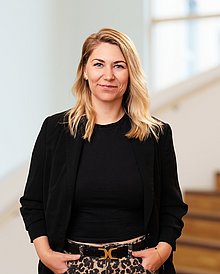How can the progression of kidney disease be slowed down or prevented?
Prof. Dr. Dr. Vladimir Todorov has been appointed to the Chair of Physiology and Pathophysiology at Witten/Herdecke University.

How can kidney function be maintained - in healthy and sick, young and old people? This is the central question that Prof Dr Dr Vladimir Todorov deals with in his research. He has now been appointed to the Chair of Physiology and Pathophysiology at Witten/Herdecke University (UW/H). Prof Todorov's main focus is on the messenger substances released by the kidneys - these play a decisive role in the regulation of blood pressure, for example. Messenger-producing kidney cells are also particularly important for the regeneration of the kidneys after injury and could perhaps also protect them from age-related loss of function.
Prof Dr Dr Todorov is researching new therapeutic approaches and drugs that can restore and maintain kidney function: "A lot has happened in kidney research over the past ten years. We can already give some chronically ill patients a longer life thanks to new therapies." With targeted measures, it is even possible to cure kidney disease completely or significantly slow down its progression. To date, Prof Todorov has been able to raise over €2.2 million in competitive third-party funding for his research. Studies are currently underway, funded by the German Research Foundation (DFG), which are focussing on the role of renin-producing cells in maintaining kidney function. The enzyme renin helps to regulate blood pressure in the body and is released, among other things, when the kidneys are not sufficiently supplied with blood.
What processes take place in a healthy and a diseased body?
In his teaching at the UW/H, Prof. Dr Dr Vladimir Todorov imparts knowledge about the entire physiology and pathophysiology of the human body to students of medicine and dentistry: they learn about all the mechanisms in the body - such as respiration, digestion or circulation - at a molecular and cellular level and deal with their integrative effects on the organism as a whole. This involves the functions of both healthy and diseased bodies. This knowledge can be used to develop new approaches for the diagnosis, treatment and prevention of diseases and improve patient care.
Photos for download
Contact person

Svenja Malessa
Press Officer
Administration | Communication & Marketing
Alfred-Herrhausen-Straße 48
58455 Witten
Room number: 2.F05
